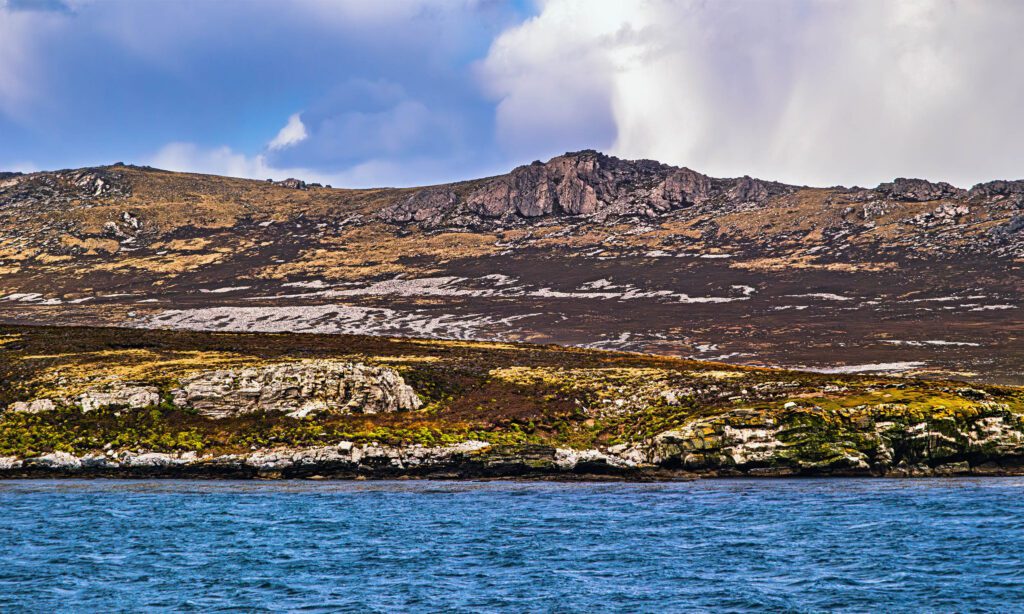The Falkland Islands, now characterized by cool breezes and grasslands, were once home to lush, wet forests, as revealed by recent discoveries beneath the capital, Stanley. A submerged layer of ancient wood and sediments indicates a rich ecosystem supported by various plant species, including Southern Beach and Podkarp.
Researchers, led by Dr. Zoe Thomas from the University of Southampton, collected fossilized pollen and wood fragments, which were preserved remarkably well. These findings suggest a wet habitat where tree species thrived, contrasting sharply with the current dry conditions.
Using radiocarbon dating and comparisons with South American fossil records, scientists believe these ancient forests existed during the medium to late Cenozoic era. The presence of these fossils helps environmental scientists test climate models and reflect on how changes in temperature, rainfall, and wind patterns can reshape ecosystems.
The study emphasizes how conditions can alter what types of habitats emerge in a given region, providing valuable insights into Earth’s climatic history and the potential for future ecological transformations.
Source link


